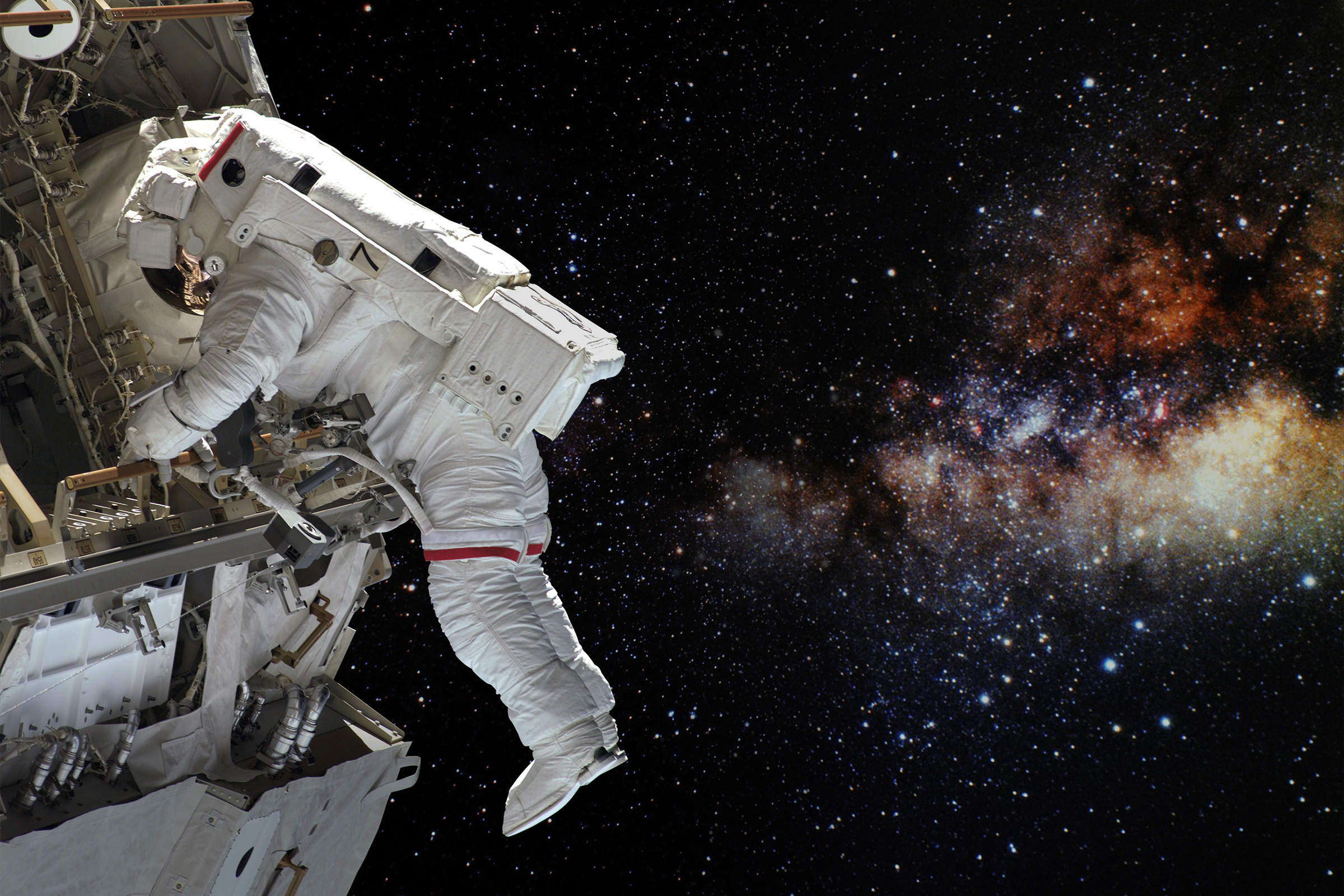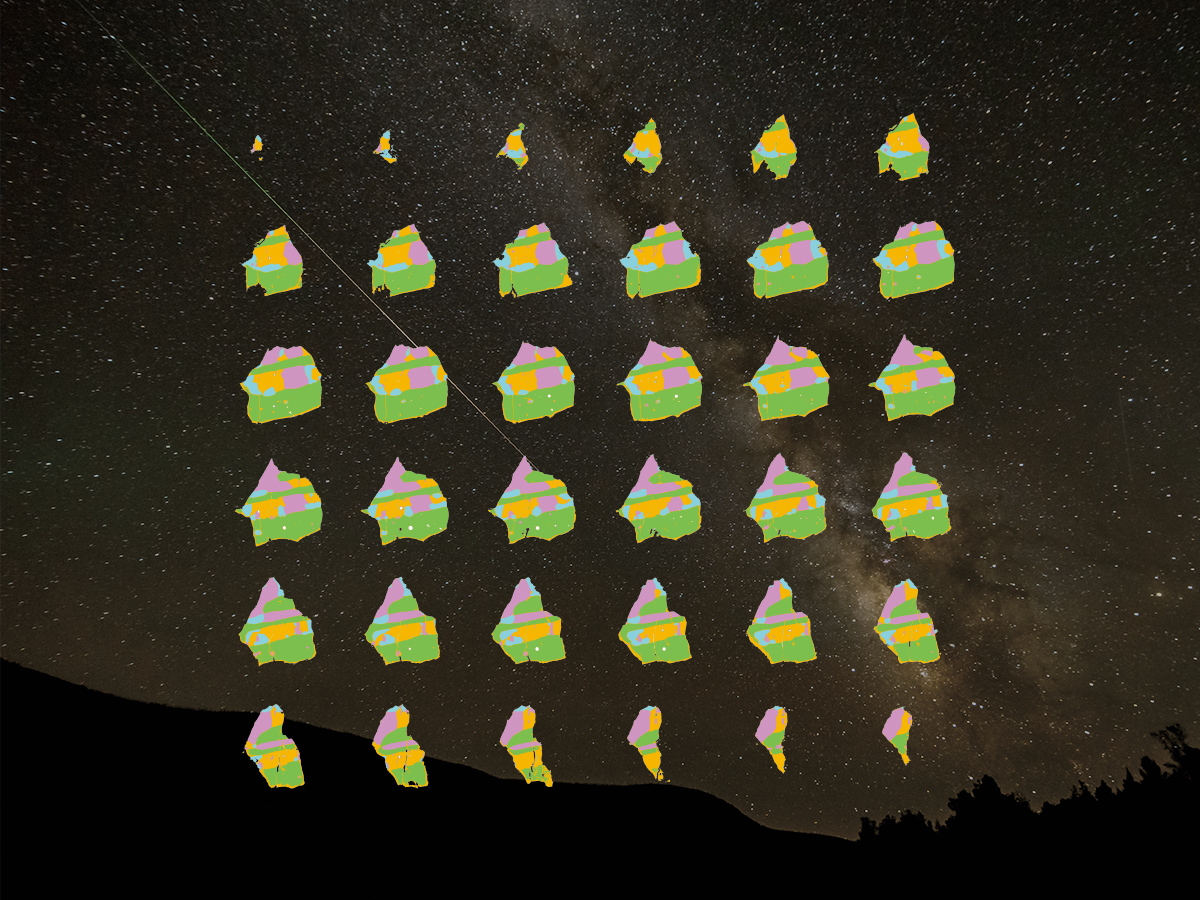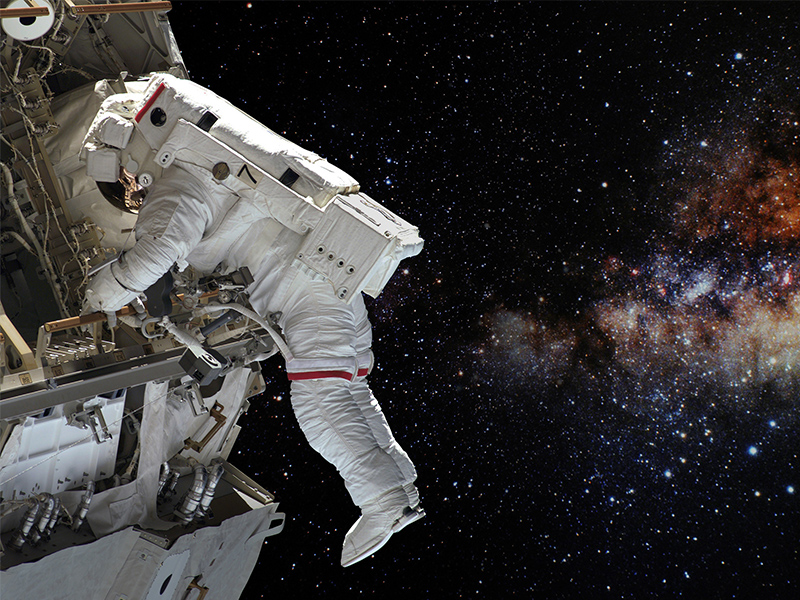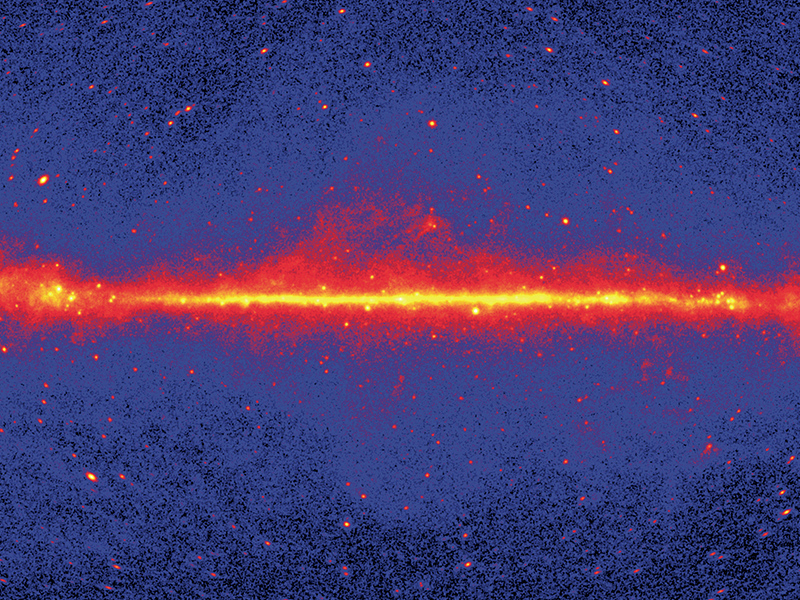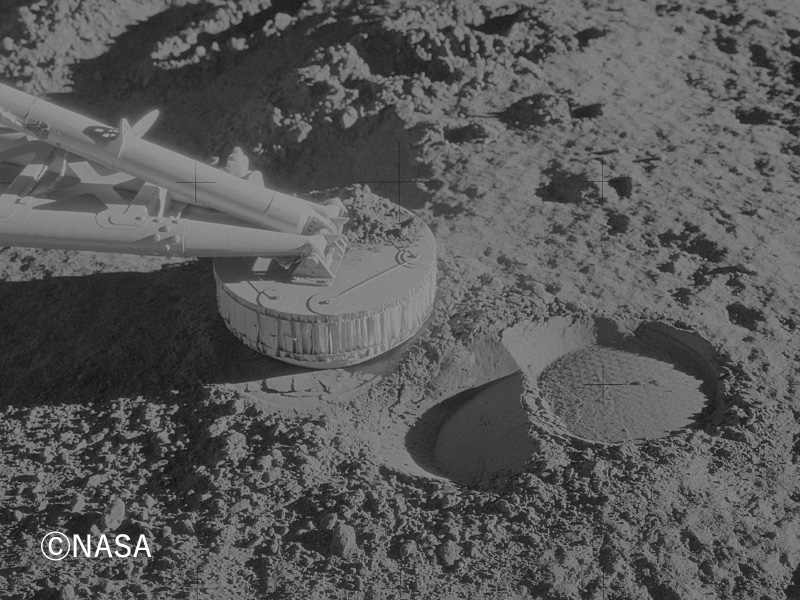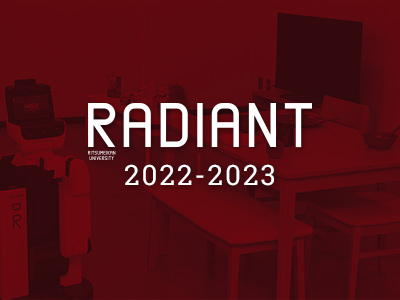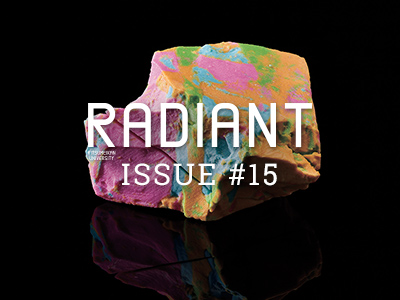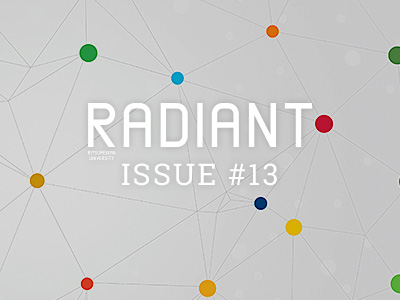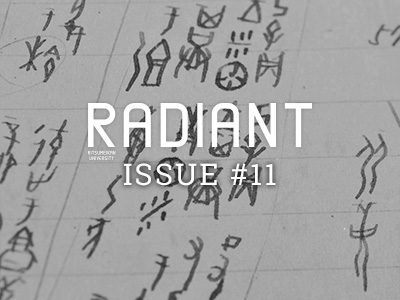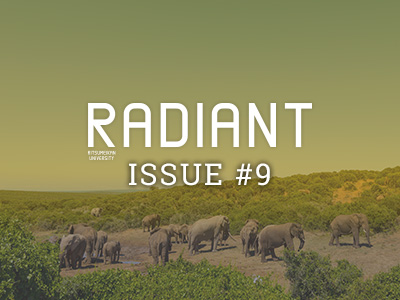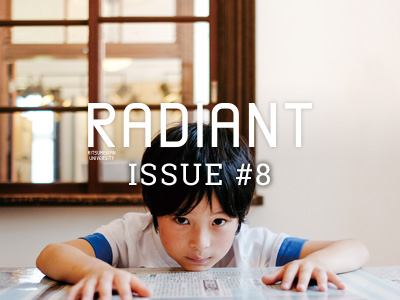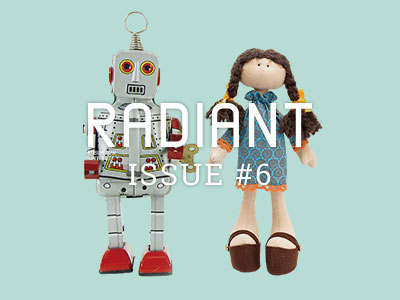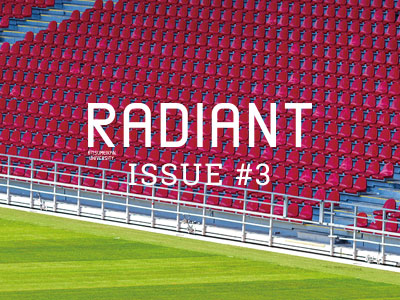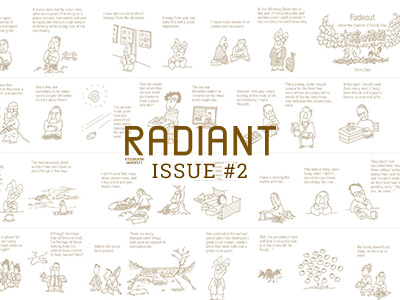STORY #2
Developing Team Behavioral
Skills Through Astronaut Training
Nobuaki Minato, Ph.D.
Professor, Graduate School of Technology Management
Incorporating NASA’s astronaut training to develop a novel training program for the public
With the advancement in space science and technology, it is becoming increasingly commonplace for humans to travel to space. Today, it is even possible to conduct long-term stays on a space station in orbit. However, only astronauts can achieve this, and they are required to fly out to space, bearing difficult mandates, to carry out complex missions. The number of astronauts onboard the space station is typically limited. Furthermore, the astronauts’ team is composed of individuals of different nationalities and specialties. They must deal with any situation, from routine activities to unexpected emergencies, in collaboration with flight controllers providing support from Earth. Such a work style can be considered an ultimate example of remote work. To cope with such an extreme environment, astronauts go through a rigorous selection process and undergo years of training.
“Astronaut training can be used to develop team behavior and leadership skills in general, ” says Nobuaki Minato, an aerospace specialist. Minato has spent his career at the National Space Development Agency of Japan (NASDA) and Japan Aerospace Exploration Agency (JAXA), and has also been involved in the International Space Station (ISS) program. He is currently conducting research on the application of aerospace systems design and management to generate innovations on Earth.
In his recent study, he has developed a training prototype to improve team behavior skills for those working in a remote environment. It was inspired by the National Aeronautics and Space Administration (NASA)’s training program for astronauts and ISS’s flight controllers.
“During the training of astronauts who carry out difficult missions in safe and reliable, their skills to work as a team is given the greatest importance. This is called space-flight resource management (SFRM) ” Minato explains. Minato and his lab members have been investigating the body of knowledge on SFRM and have developed a leadership training program. With the aim of ensuring that his training program is widely available, they have modified it to focus on the development of team behavior skills in a remote working environment.
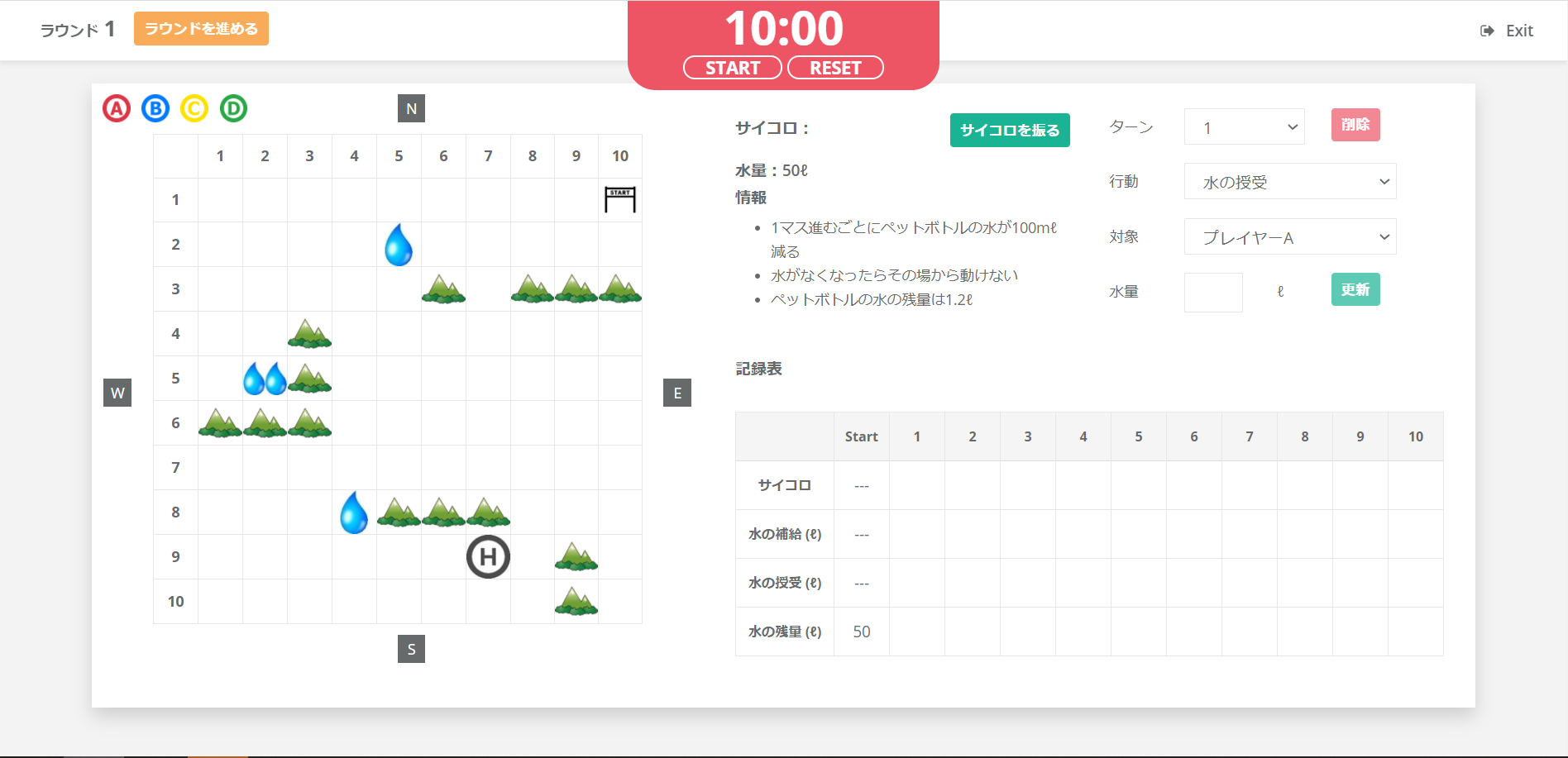
Online training screen adopted from astronaut training
According to Minato, SFRM defines eight essential behavioral skills: (1) situational awareness, (2) communication, (3) cross-cultural intelligence, (4) teamwork, (5) decision making, (6) team care, (7) leadership and followership, and (8) conflict management. Astronauts acquire these eight skills via training in various harsh environments, such as through jet aircraft pilot training, outdoor survival training in the mountains in scorching summers and frigid winters, and mission operation training under the sea, which is the extreme environment on Earth closest to outer space. One such training module, called the Moon-Base Table-Top Simulation, was incorporated into Minato’s team behavioral skills program.
In this program, the trainees work in teams of four to conduct a special board game. One of the characteristics of the training is that each team member is placed in an isolated room to create a remote working environment where visual communication is restricted. The team members are allowed to communicate only via walkie-talkies to proceed across the game board displayed in a 10 x 10 matrix. The training processes provide them with an experiential learning of the eight SFRM skills, which develops the capability to work as a team. Minato’s research group has conducted multiple demonstration experiments using this program, both with students and business persons to confirm that there was a certain degree of effectiveness in fostering a person’s team behavioral skills.
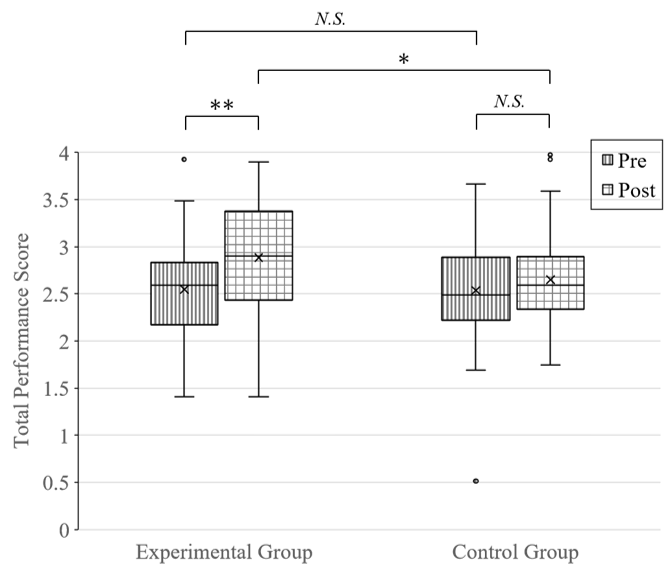
Verification of the training's benefits through comparative experiments
These experiments also brought to the fore a few challenges. To conduct the training, it is necessary to provide each trainee with separate rooms and walkie-talkies. This implies that large-scale training would be difficult owing to physical material restrictions. To overcome this limitation, in his recent study, an online training program that employs virtual reality (VR) technology was developed in collaboration with Docomo gacco Co., Ltd. The program involves placing both the instructor and the trainees in a common VR environment as avatars. Then, teams of four engage in the same training processes using a virtual map and dice. To verify the effectiveness of this virtual program, Minato’s research group conducted a demonstrative experiment on March 28, 2021, with the volunteers ranging in age from teens to 50s.
As per Minato’s testimony, the VR experiments were a great success. “As the members acknowledged the existence of other team members through their avatars, they were able to foster a greater sense of unity as a team than ever before. It was also found that the ability to take note of their visual surroundings in a VR environment allowed them to move around based on their own will and gather new information. This resulted in a much more active training program,” Minato says, speaking of the response to the program.
As COVID-19 became widespread, remote work and telecommuting have become common worldwide. “To cope with the remote situation, introducing technological infrastructure, such as online meeting systems and new communication devices, is not enough. In order for a remote team to work cooperatively and maximize its performance to achieve the goals, improvement of the team members’ soft skills is vital as well,” says Minato. In this regard, introducing the astronaut training may become a powerful reinforcement for remote workers and online learners in the near future.
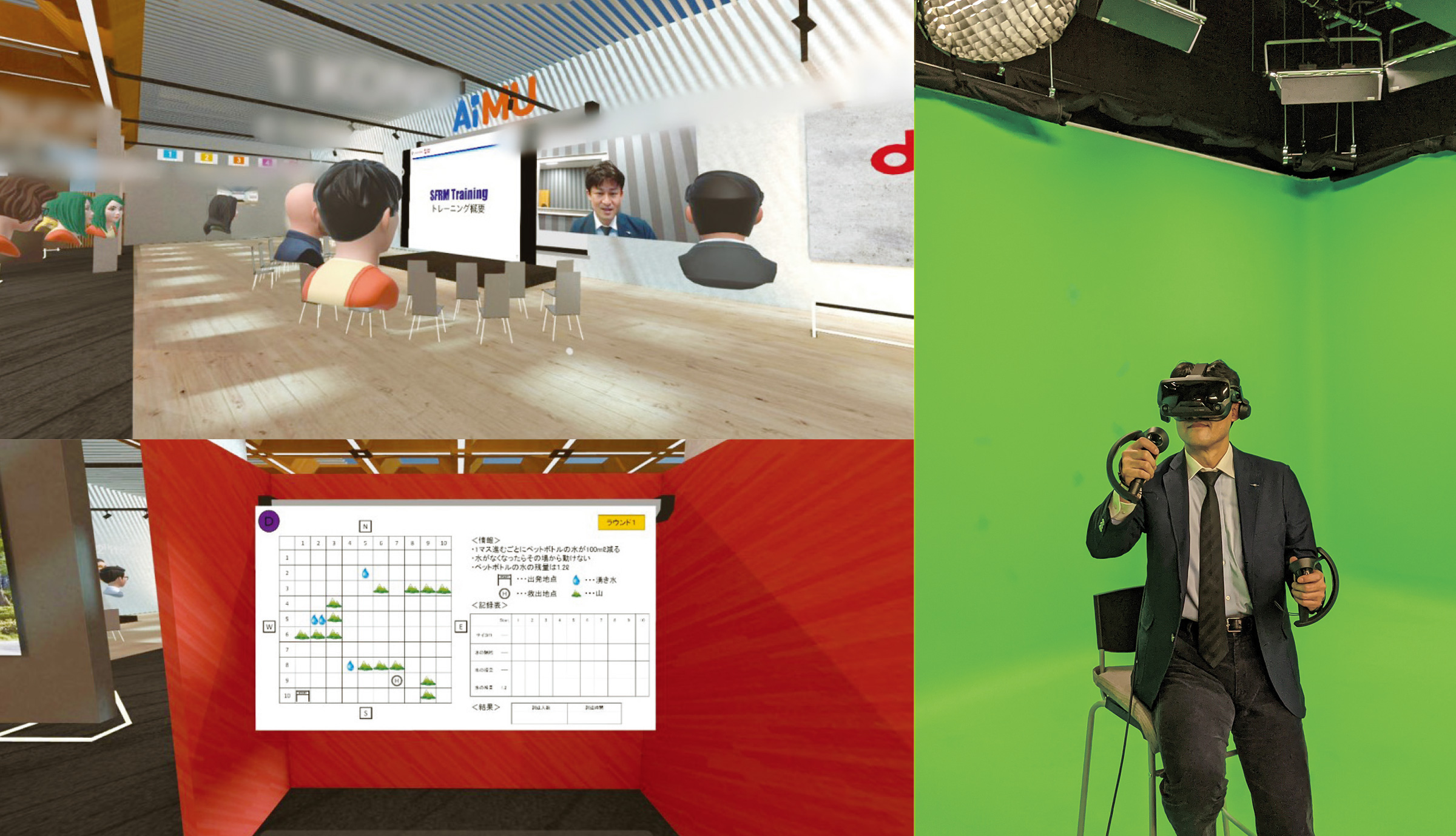
Online training in VR space, a new form of SFRM learning
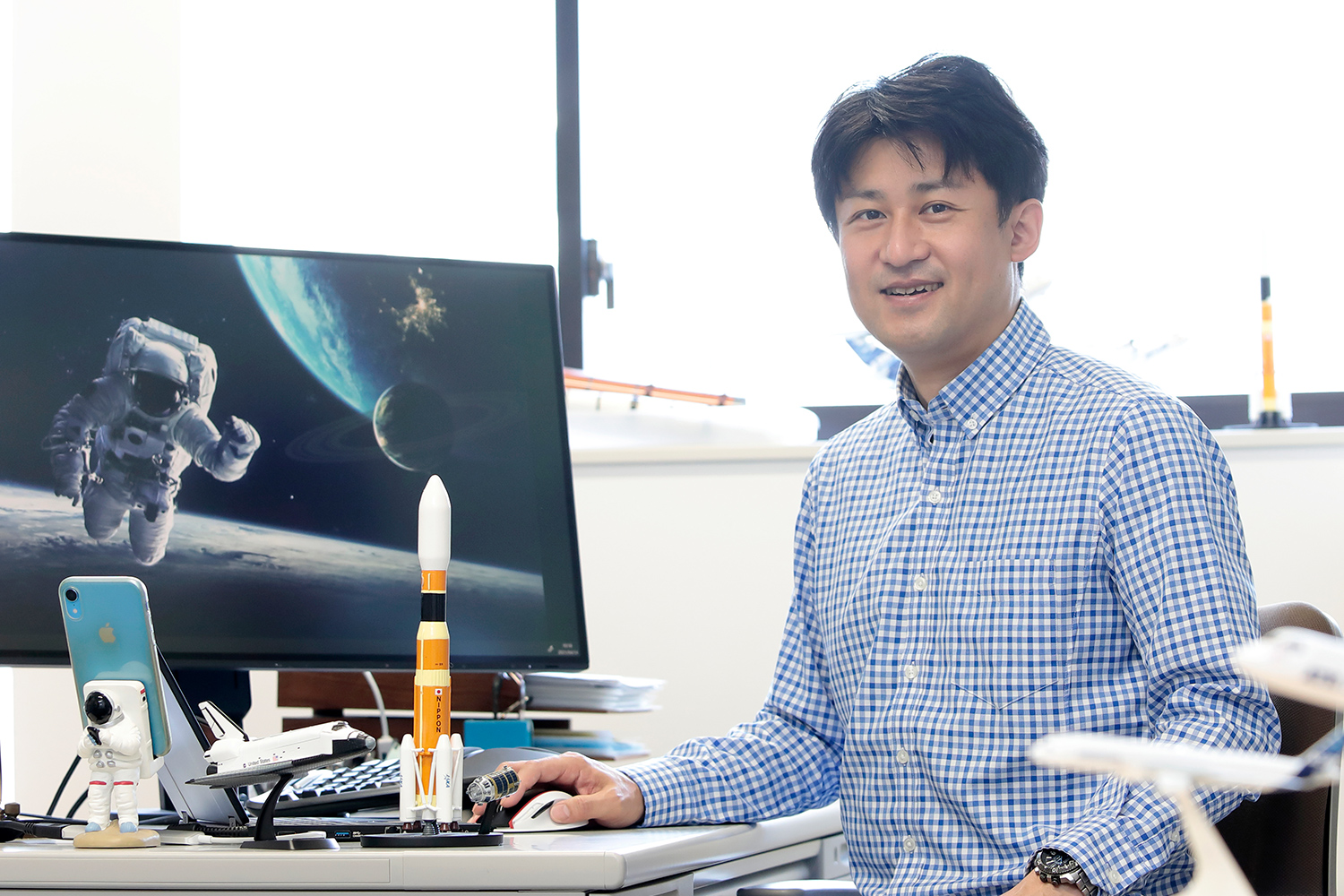
- Nobuaki Minato, Ph.D.
- Professor, Graduate School of Technology Management
- Specialties: Aerospace management, systems engineering, technology management
- Research Themes: Systems designs and management for innovation
